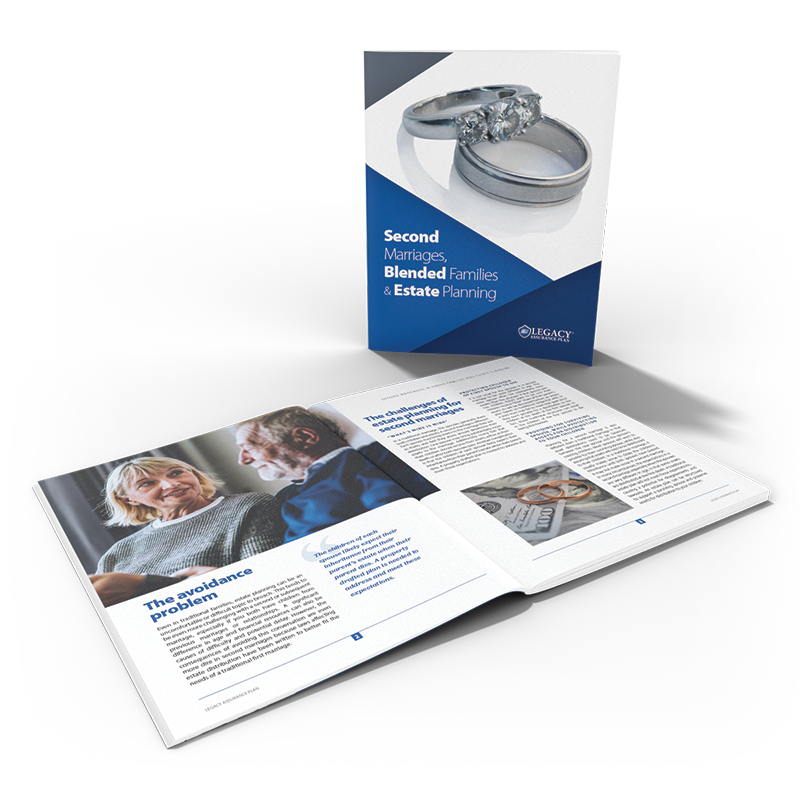Protecting children of first spouse to die
In most traditional marriages, the children do not receive any inheritance until both parents pass away. In a second marriage, some assets are often distributed to the children of the first spouse to die immediately, instead of after the surviving spouse passes away.



